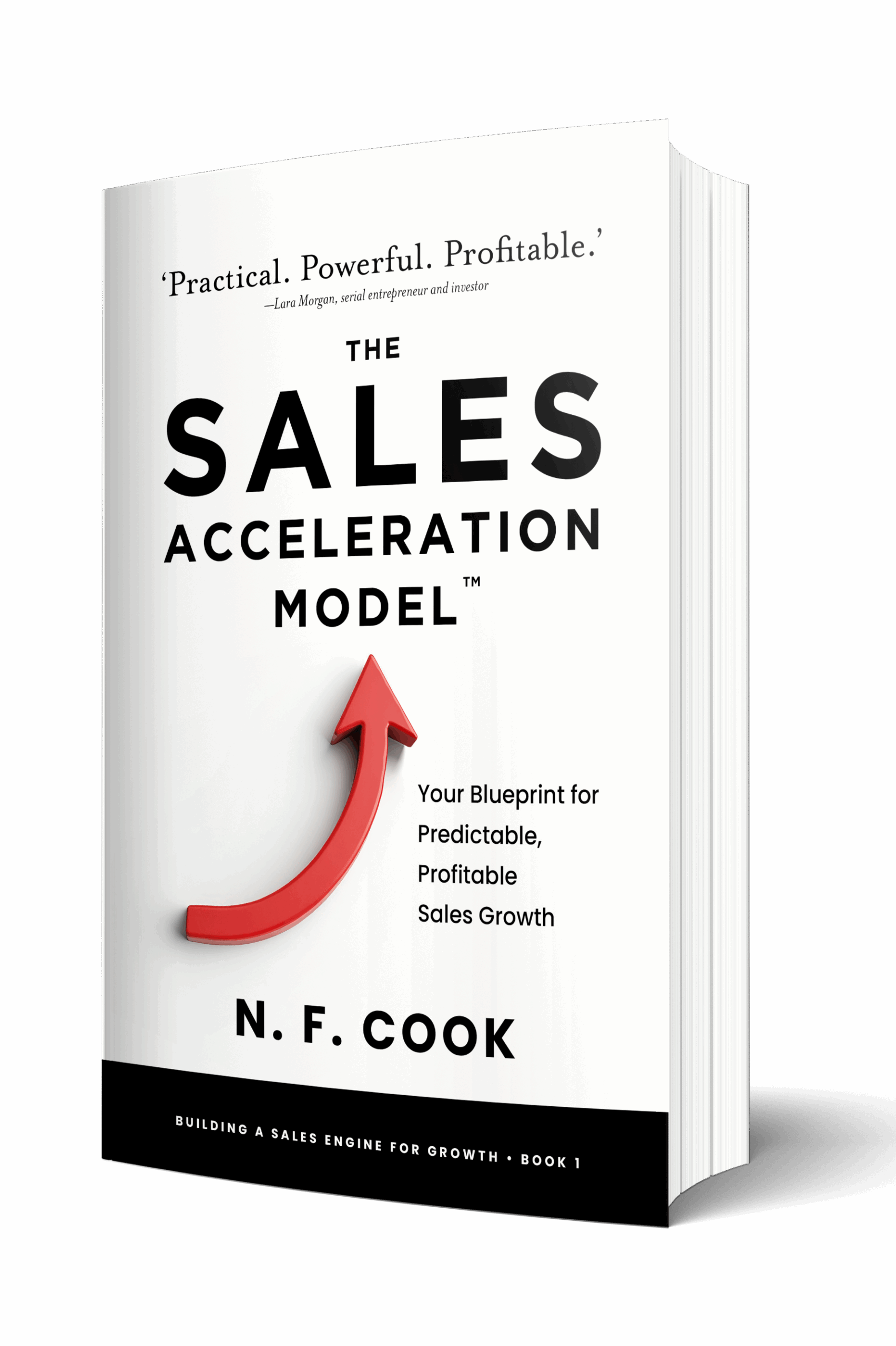If like me you have watched Dragon’s Den you will be familiar with the phrase “this is a lifestyle business and therefore not an investable proposition”. So what is it that you can do to move your business from a lifestyle to a business that is attractive to investors and other buyers? Making this move will provide you with long-term financial freedom.
I often refer to Robert Kiyosaki on this matter, who describes the self-employed entrepreneur as a person “who owns a job”, and a person who owns a business as someone who “owns a system”. He states that you can only describe yourself as a true business owner if you can leave your company for a year or more and return to find it more profitable and running more efficiently than when you left! I personally wouldn’t go quite as far as to say that, but Kiyoaski’s explanation does make a very clear distinction between those businesses that have successfully scaled their production and those that are limited by the very people who created them!
Process and People
The pain point of being brave enough to put systems, process and people in place to deliver results, always better than you will do single-handedly is, I think the biggest business learning challenge of them all. This is the point at which you move from being a benevolent dictator to a genuine leader, a motivator and a business owner whom no longer makes nor takes part in all the important decisions.
If you find yourself stuck in the first category, as someone who ‘owns’ a job and whose business would simply dissolve if you left it for any period of time, what can you do to redress this balance? (Creating an asset to sell, not an organisation that closes without you present.)
People buy the difference you make.
The first step is to develop products that can be both sold and delivered to market via systems that are managed by people you employ, even in a service-based business where you perhaps have set yourself as the only product. Ultimately people do not buy you, which may be hard for those with China-sized egos to hear, but they don’t, they buy the difference you make, the outcomes you can help them achieve.
They may also love how you deliver your service and what you personally bring to their whole experience of working with you and your company, but even taking that into account ask yourself ‘what do you currently offer that can be productised, boxed up and sold via a variety of distribution channels and in multiple formats and via multiple media?’
Answer that question, and it may just unlock the potential scalability and potential sale-ability of your business. I bet it’s obvious and staring you right in the face! Now your only job is to harness it to embrace difficult habit changes and to take it to market.
Lead oneself first, then empower others.
What defines a successful leader? It’s a question I often ask and get asked, and it has a multitude of answers; however one aspect that everyone always agrees on is that an effective leader is defined by what they do – how they behave, as opposed to what they say or promise.
I define this as ‘leadership inside out’; you have to be able to lead yourself first, taking full responsibility and control of your beliefs, thoughts, actions and ultimately your outcomes, before you have any hope of influencing others and gaining respect and followers.
Leadership has nothing to do with job titles, in my opinion titles are pointless, or has a thing to do with the perceived level of personal or professional success or even rank. We’ve all probably had a poor subordinate experience under a terrible leader; yet we find ourselves drawn to the opinions, beliefs and requests of others who hold no ‘official’ authority.
Emotional Control
So how do you lead from the inside out? For me this begins and ends with ‘emotional control’. By this I mean pro-actively choosing your beliefs, emotions and the meanings you associate with your choices. These will all ultimately affect your behaviour, which is even more prevalent when faced with other people’s behaviour, crisis situations, criticism, stress or outcomes that you could never have predicted – this is when your leadership ability is truly tested, and to succeed in these situations you need to remain in control of your emotions.
When the now famous Captain Chesley Sullenberger (Sully to his friends) calmly landed his stricken US Airways Flt 1549 on the Hudson on January 15, 2009, successfully saving the lives of all 155 on board, the media-shy hero described how, when faced with the insurmountable challenge that presented itself, he had to find the internal strength to overcome his own fears and an all-consuming need to vomit, in order to focus on the task in hand.
Hopefully you or I will never have to face such a momentous challenge to our leadership ability, but by constantly reminding ourselves that our only true choice is choosing how we respond to the people and events around us, we continuously develop our leadership ability that allows us to acquire the followers and respect required to enhance our success and the success of those we help and support.


